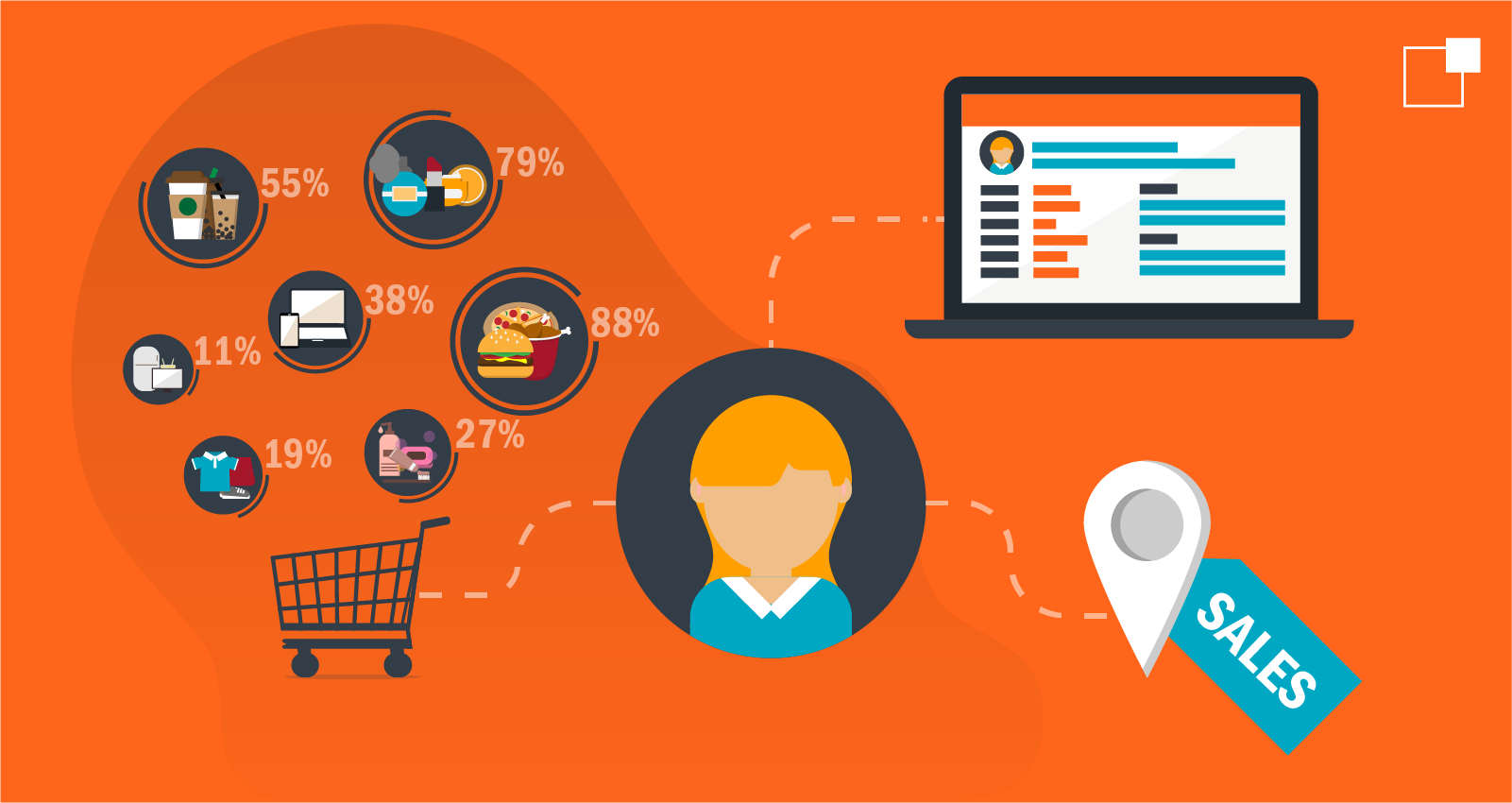DIY Marketing Tech Stacks
How AI is driving software decisions
Cable television was the dominant form of entertainment distribution for decades. It engaged viewers into a limited set of channels that cable providers solely controlled, giving viewers minimal power over what they chose to watch. Streaming platforms changed the game when it came to increased access to entertainment consumption, including what they consumed and when they consumed it, while paying only for what they wanted to watch.
The world of marketing technology is finally marching to that same beat of streaming platforms. There’s no longer a one-size-fits-all solution thanks to extraordinary advancements in AI technologies. Composable tech stacks that utilize AI are guiding the new era for marketers and putting them in direct control, and it’s making all the difference.
The role of composable tech stacks today
Composable technology stacks continue to grow in popularity among organizations seeking to streamline operations and improve efficiency. These stacks are collections of different technologies that can be combined and configured to meet specific business needs, allowing organizations to pick and choose the technologies that best suit their needs. This approach offers the flexibility to easily adapt to changing business requirements and optimize performance while reducing costs.
As the business environment evolves, composable technology stacks will become an increasingly popular choice for organizations looking to stay ahead of the curve. This shift enables digital teams to take the driver’s seat in managing their tools and resources, enhancing their ability to adapt and innovate quickly in a fast-paced business world.
![]()
No-code and low-code platforms
No-code and low-code platforms are also disrupting the traditional martech landscape. Just like viewers have broken free from strict cable packages, these platforms liberate marketers from being boxed in by complex coding requirements. No-code and low-code platforms simplify the development process, allowing someone to quickly build an application with just a few programming skills.
What does that mean for businesses like yours? It means you have the power to construct applications and workflows effortlessly - without having an extensive technical background. Thanks to no-code and low-code platforms, marketers have a new level of independence and agility when executing campaigns.
One example is CMS or Digital Experience Platform (DCP) which offers web-centric interfaces that allow a marketer to add new creative, content and widget control within a web-based digital experience.
Generative AI
If you’ve ever wondered how streaming platforms know what shows to recommend next, you can thank AI. Similar to how AI is helping you find your next binge-watch series, it’s also transforming marketing efficiency for your business.
The transformative technology of generative AI extends beyond entertainment, revolutionizing the efficiency and effectiveness of marketing strategies for businesses of all shapes and sizes.
![]()
Employing generative AI-driven technology enables you to:
1. Automate and optimize content creation
By analyzing vast amounts of data, generative AI can create compelling and relevant content, from articles and social media posts to ad copy and graphics. This type of automation streamlines the content creation processes, ensuring consistent, quality and budget-friendly outcomes.
2. Forecast trend and predictive analytics
Leveraging historical data and patterns, AI predicts future trends, customer behaviors and market shifts. This foresight empowers you to anticipate changes, get ahead of the competition and adapt to better serve the end consumer.
3. Optimize campaigns
Generative AI refines marketing campaigns by dynamically adjusting elements such as ad placements, messaging and targeting based on real-time performance data. This optimization ensures campaigns are continuously fine-tuned for maximum impact.
4. Refine strategies with data insights
AI provides actionable recommendations for refining marketing strategies by analyzing data insights. This data-driven approach enhances decision-making, guiding you toward more effective and resonant messaging.
But wait, there's more
The marketing technology field continues to evolve through continuous advancements, changing consumer behavior and industry demands. This leaves marketers with a plethora of trends and potential solutions. We aren’t ones to gatekeep these insights, so we’ll share our most notable discoveries in marketing technologies that are shaping the martech world:
AI and machine learning
As mentioned earlier, AI and machine learning are pervasive in martech with personalization, predictive analytics and automation. From customer segmentation and content optimization to chatbots and recommendations, AI-driven solutions are enhancing marketing strategies at a rapid pace.

Customer data platforms (CDPs)
CDPs have gained significant traction as centralized hubs for collecting, organizing and activating customer data. They enable marketers to create holistic customer profiles to deliver more targeted, personalized and unique experiences.
Privacy and data compliance
With an increased focus on data privacy laws (like GDPR and CCPA), marketers must focus more on ethical data usage and compliance. This trend drives the adoption of more privacy-driven tools and strategies.
Conversational marketing
Customer interactions are being redefined by conversational AI, including chatbots and voice assistants. More and more brands are leveraging technology to engage with consumers 24/7, offering personalized assistance when and where they need it, helping to drive conversions.

E-Commerce integration
Martech tools focus on seamless integration with e-commerce platforms, enabling today’s marketers to optimize the entire customer journey, from top of funnel to conversion.
Influencer marketing evolution
Industry tools and platforms are finally emerging with the technology to better track, manage and analyze influencer campaigns. Martech is adapting to provide more data-driven insights, which provide valuable metrics for measuring the success of influencer marketing.
Hyper-personalization
Personalization is nothing new, but the industry is taking things a step further. By leveraging advanced analytics and AI to deliver highly tailored, individualized experiences at scale, companies can create hyper-personalized campaigns that lead to greater returns.

AI-driven marketing success
These trends in the marketing technology space are all focused on creating a wholly customer-centric experience using data-driven strategies and emerging technologies to drive success. Utilizing these technologies is essential to remain competitive in the industry and to anticipate and satisfy consumers’ ever-changing needs. AI is the latest wave in tech, and we are ready to see its impact on marketing as it becomes increasingly used in tech stacks and continues to evolve to fulfill more consumer needs.
Are you struggling to formulate the perfect tech stack for your business’ needs? Contact our team of experts and let's explore how we can build a customized tech stack that will harness the power of AI to help your business flourish and thrive.
